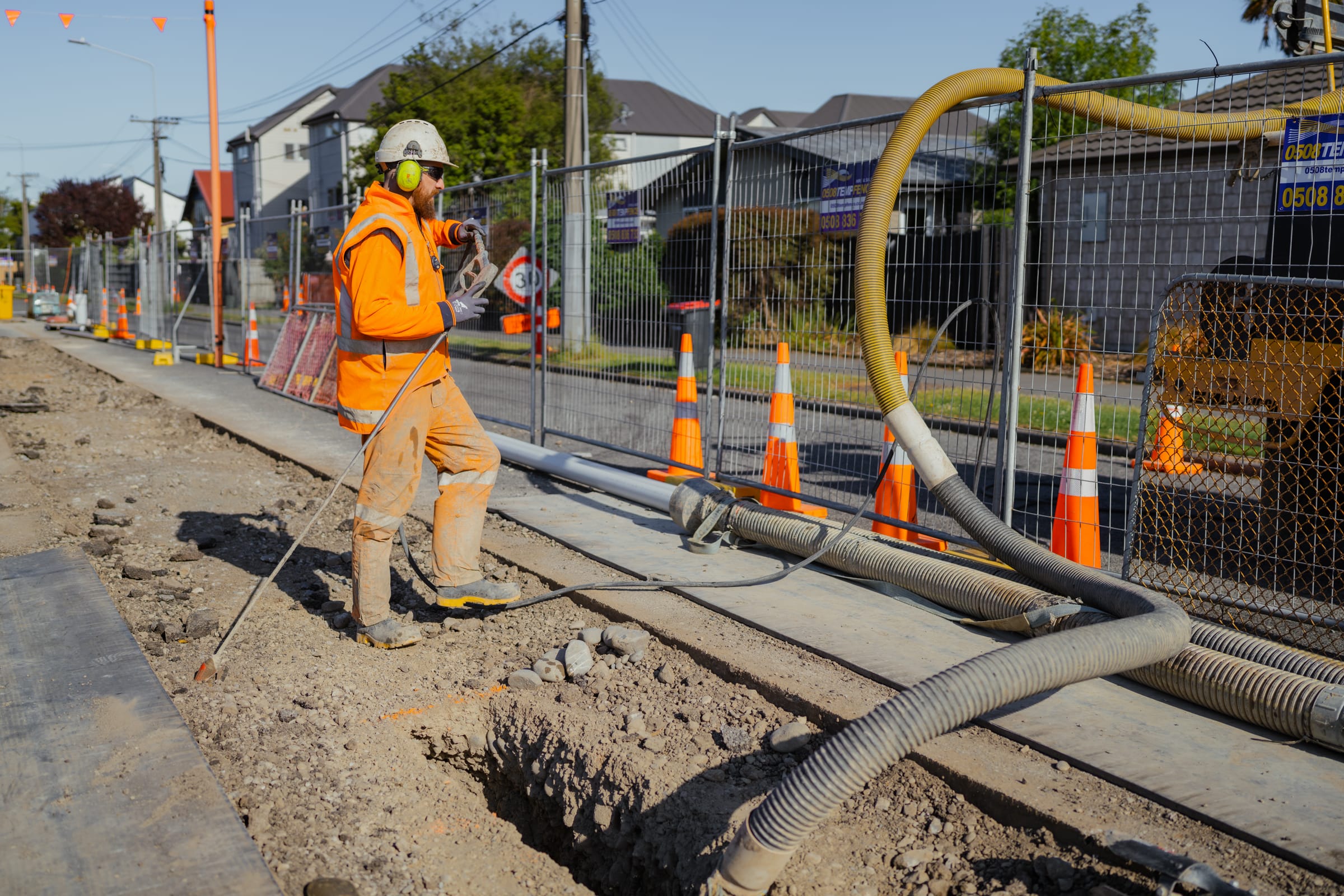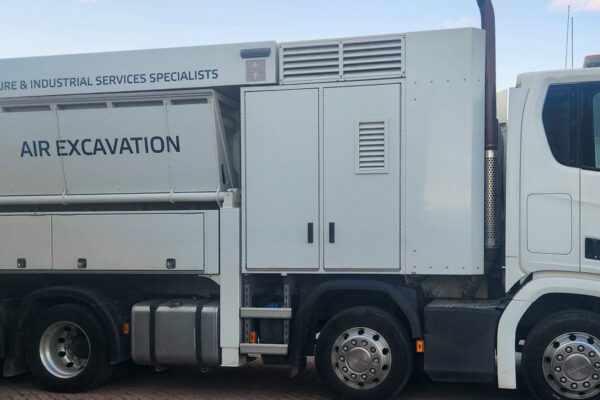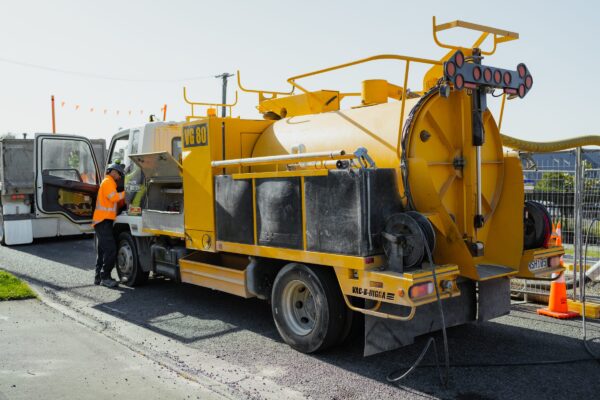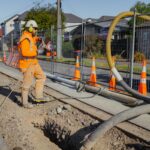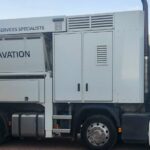Air Excavation vs Hydro Excavation – Which One Should You Choose?
Understanding the Two Methods
Vacuum excavation comes in two forms: hydro vac (using water) and air vac (using compressed air). Both are forms of non-destructive digging (NDD), but each has strengths depending on soil type, project scale, and utility risks.
Hydro Excavation – Precision and Power
Hydro excavation uses high-pressure water to break apart soil, with a vacuum removing slurry. It’s ideal for:
- Tough ground conditions in Wellington or Hamilton.
- Deep trenching projects.
- Precise work near sensitive cables or pipes.
Hydro vac is also excellent for bulk removal where speed is required.
Air Vacuum Excavation – The Dry Solution
Air vacuum excavation is sometimes called dry excavation or air knife excavation NZ. It uses compressed air to loosen soil, keeping it dry and reusable.
Perfect for:
- Christchurch air vac excavation around electrical utilities.
- Dunedin air vac services in compact soils.
- Timaru air vacuum contractors working on gas lines.
- Queenstown dry excavation services where minimal mess is essential
Because the soil is not turned to slurry, it can be easily backfilled, saving costs.
Comparing Costs and Benefits
- Air Vac = safer for utilities, soil reusability, less disposal.
- Hydro Vac = faster for bulk soil, works better in clay or rocky ground.
In many South Island projects, contractors combine both methods — using hydro vac for heavy lifting and air vac for delicate work.
Which One Is Right for You?
If your project requires utility locating in South Island towns like Christchurch or Dunedin, air vac is often the best choice. For larger-scale excavation across NZ infrastructure projects, hydro vac may be more efficient.
Vac U Digga offers both air and hydro vac services, so you don’t have to choose — we tailor the method to your site.

